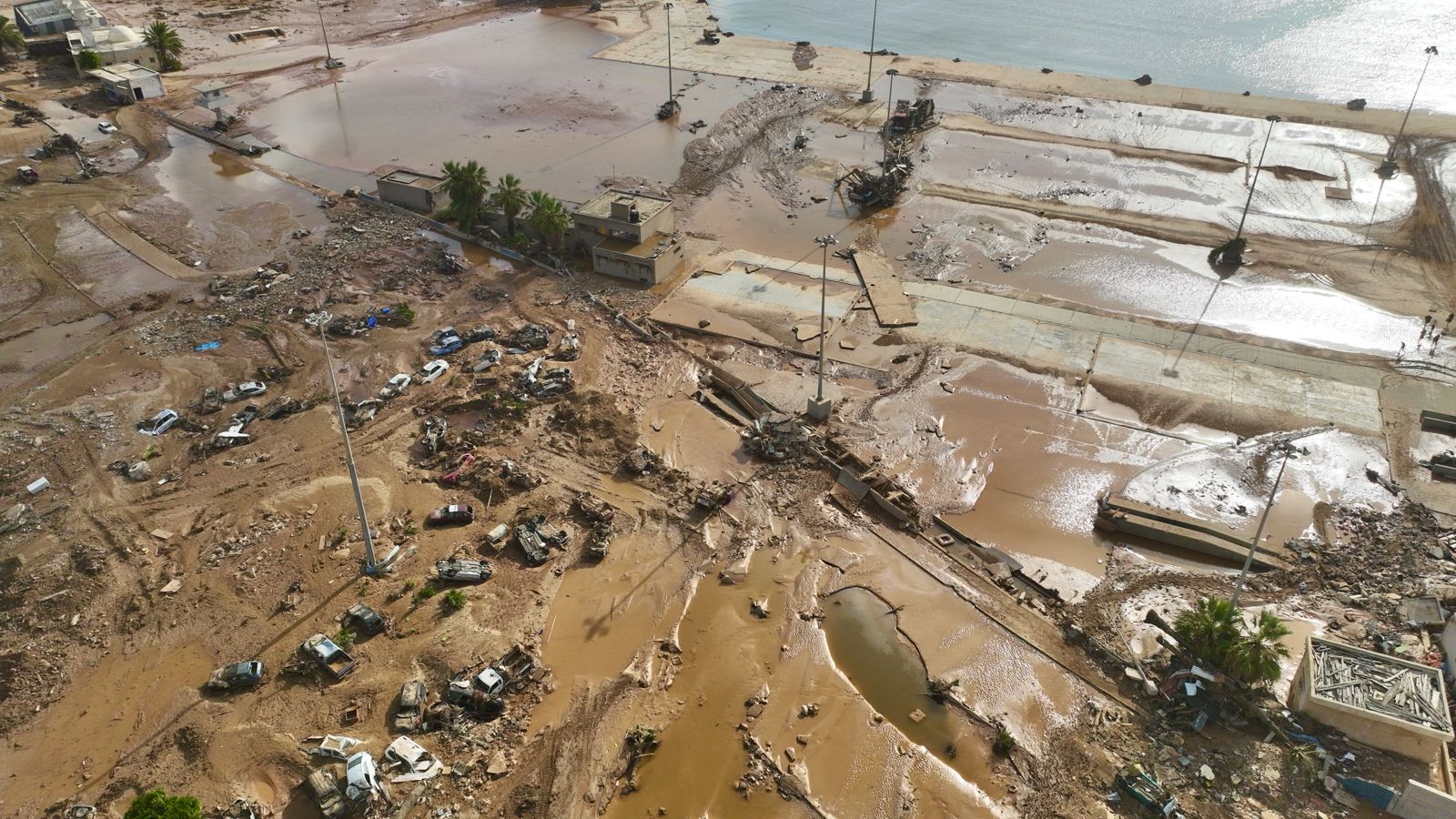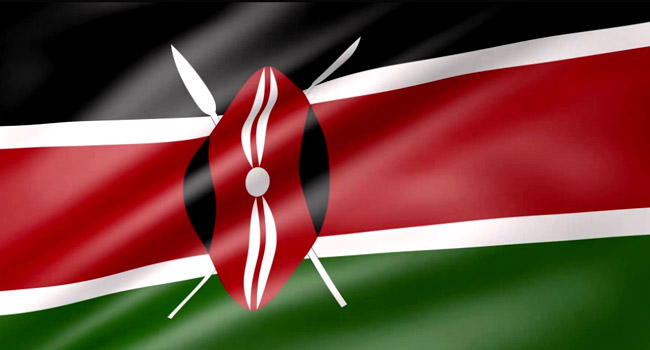A staggering 179 million Nigerians, representing 87% of the population, are living in unhygienic and unclean environments, according to the recently released STONE 2024 report.
The report was unveiled during the ‘STONE 2024 Unplugged’ event organized by Clean-Up Nigeria in Abuja.
In a statement received by Vanguard on Friday, Prince Ene Baba Owoh, Jr., National Coordinator of Clean-Up Nigeria, highlighted the alarming statistics, pointing to persistent sanitation and waste management challenges across the country.
The Cleanliness Performance Index within the report indicates that only a few states have made significant progress in waste management and cleanliness. Akwa Ibom, Enugu, Lagos, and some others were recognized as regional leaders in promoting cleaner environments. However, the majority of Nigerian states are still grappling with severe environmental issues.
Despite a modest reduction in open defecation rates from 24% in 2023 to 20% in 2024, the sanitation crisis remains widespread. The report notes that 28 out of 37 states, including the Federal Capital Territory (FCT), are classified as unclean.
Waste recycling efforts have also seen a sharp decline, dropping from 26% in 2023 to 19% in 2024, largely attributed to increasing poverty levels.
While states like Akwa Ibom, Enugu, Abia, and Lagos reported a 4% improvement in waste management equipment procurement, the overall outlook underscores the need for greater government investment in waste management infrastructure.
The report further revealed a decline in the health and safety conditions of sanitation workers, with their health rating falling from 31% in 2023 to 28% in 2024. This highlights the growing challenges faced by sanitation workers, including inadequate support and poor working conditions.
Clean-Up Nigeria called on state governments and citizens to take greater responsibility for cleanliness and waste management. The organization also urged the adoption of stronger policies, increased funding, and improved infrastructure to tackle the sanitation crisis and enhance the health and well-being of Nigerians.







